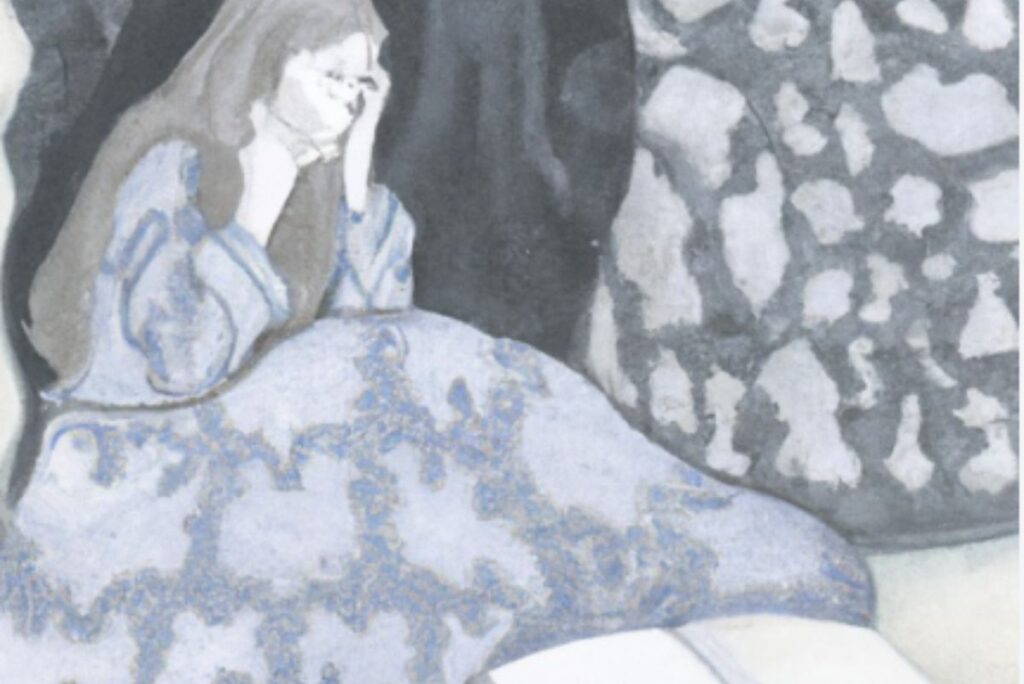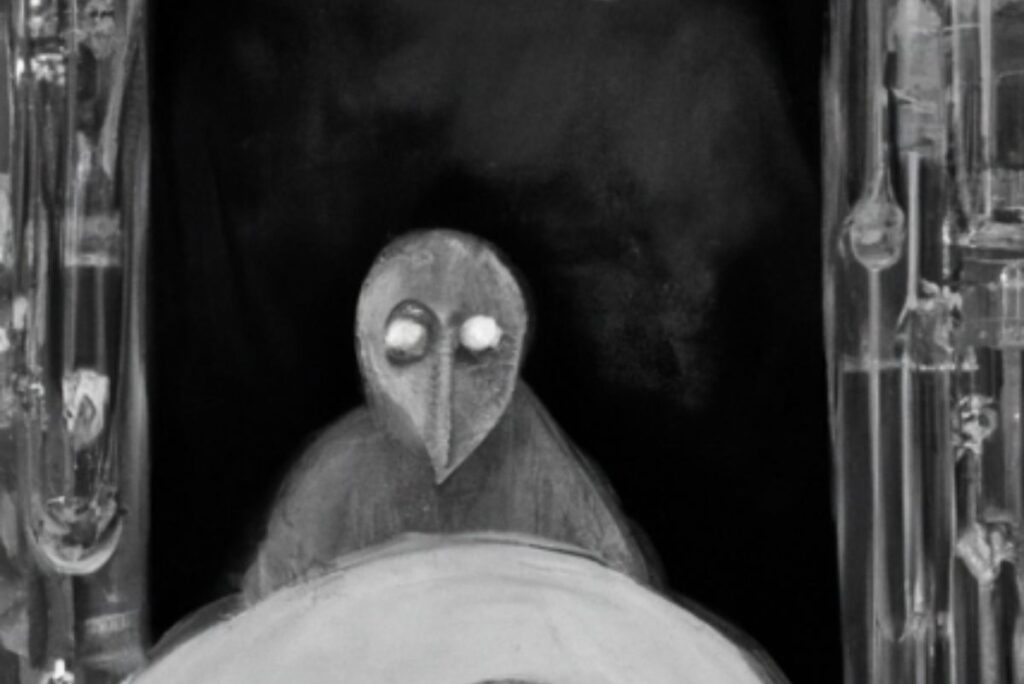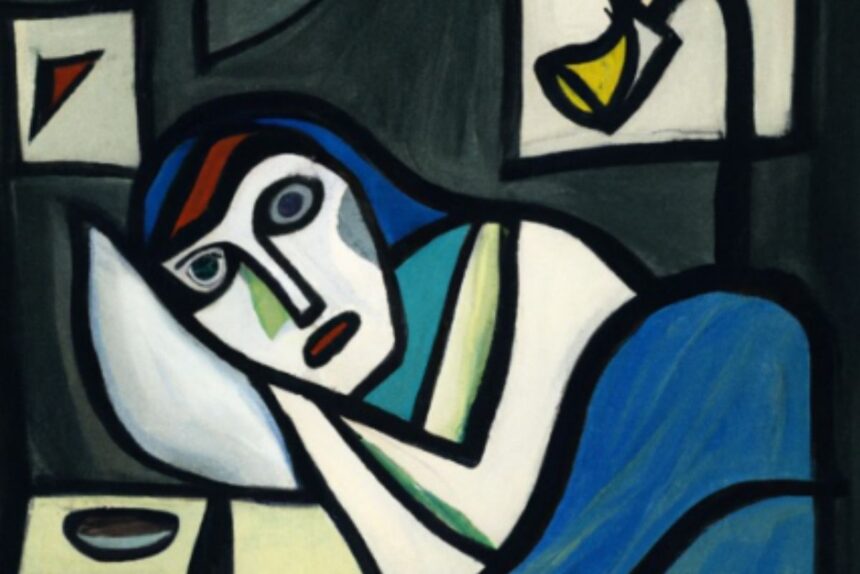Insomnia and mental disorders, a condition marked by difficulties initiating or maintaining sleep, has long been associated with a plethora of mental disorders. From depression to anxiety, bipolar disorder to PTSD, insomnia’s presence is often a common complaint. However, despite extensive research, the precise nature and cause of this relationship remain somewhat enigmatic. Delving into this intricate nexus might offer a clearer understanding of how our mind operates, the role of sleep, and potential therapeutic avenues to address both insomnia and mental disorders.
- 1. The Observational Connection
- 2. The Chicken or the Egg?
- 3. Shared Biological Mechanisms of Insomnia and Mental Disorders
- 4. Cognitive Behavioral Therapy for Insomnia (CBT-I)
- 5. Towards a Holistic Approach
- 6. Future Research Directions
- 7. The Broader Implications of Sleep
- 8. Rethinking Treatment Paradigms
- 9. The Role of Society and Lifestyle
1. The Observational Connection
The relationship between insomnia and mental health disorders is more than just anecdotal. Various studies have shown that those with insomnia have a higher prevalence of anxiety and depressive disorders compared to those without sleep disturbances. For instance:

2. The Chicken or the Egg?
One of the most intriguing questions when considering the link between insomnia and mental disorders is causality. Does insomnia lead to the onset of mental disorders or vice versa?
Some research suggests that insomnia can be a precursor to mental health problems. A prolonged lack of restorative sleep can lead to cognitive impairments, mood changes, and heightened stress levels, potentially setting the stage for more severe mental health issues.
Conversely, mental disorders can lead to disrupted sleep as a symptom. Anxiety, for instance, produces heightened arousal, making it difficult for the brain to shut down and transition to sleep.
Regardless of which comes first, the relationship is likely bidirectional, with each condition exacerbating the other.
3. Shared Biological Mechanisms of Insomnia and Mental Disorders
The link between insomnia and mental disorders might be rooted in shared underlying biological mechanisms:
4. Cognitive Behavioral Therapy for Insomnia (CBT-I)
Recognizing the connection between insomnia and mental health has paved the way for integrated treatments. Cognitive Behavioral Therapy for Insomnia (CBT-I) is an evidence-based treatment that addresses the cognitive and behavioral components of sleep disturbances.
Surprisingly, improving sleep using CBT-I has shown not only to alleviate insomnia but also to reduce symptoms of coexisting mental disorders. This suggests that by targeting insomnia, there might be a therapeutic window to also address other mental health issues.

5. Towards a Holistic Approach
Given the intertwined nature of insomnia and mental disorders, a holistic approach to treatment is paramount. This entails:
- Assessment: Comprehensive evaluations to understand the root causes of sleep disturbances, whether it’s psychiatric, behavioral, or medical.
- Integrated Treatment Plans: Combining pharmacological interventions with behavioral therapies for a multi-faceted approach.
- Education: Teaching patients about good sleep hygiene can go a long way in improving both sleep and mental well-being.
Note
While the precise nature of the link between insomnia and mental disorders remains shrouded in mystery, it’s undeniable that the two are deeply connected. By continually striving to understand this relationship, we can pave the way for better, more integrated treatments that address the complexity of the human mind and its need for restful sleep.
6. Future Research Directions
To fully unveil the intricacies between insomnia and mental disorders, continued research is crucial. Several promising directions for future studies include:
- Genetic Links: Investigating the shared genetic markers between insomnia and specific mental disorders can provide clues about their interconnectedness.
- Brain Imaging Studies: Using tools like fMRI to observe how insomnia impacts brain regions related to emotion, cognition, and the circadian rhythm may help discern shared pathways.
- Longitudinal Studies: Tracking individuals over extended periods can help determine whether insomnia can predict the onset of mental disorders or if the reverse is true.
7. The Broader Implications of Sleep
Beyond its connection to mental disorders, sleep serves a range of critical functions, from cellular repair to memory consolidation. The broader implications of disrupted sleep might extend to physical health, cognitive decline, and even societal productivity. This places even greater emphasis on addressing insomnia, not just for mental health but for overall well-being.
8. Rethinking Treatment Paradigms
With the clear connection between sleep and mental health, there’s a call to revolutionize treatment approaches:
- Sleep Clinics & Mental Health: Collaboration between sleep specialists and mental health professionals can offer comprehensive care to patients. An integrated approach can lead to more tailored and effective treatments.
- Pharmacological Innovations: While several medications address either sleep or mental disorders, there’s a need for drugs that can tackle both simultaneously, minimizing side effects and maximizing therapeutic benefits.

9. The Role of Society and Lifestyle
Modern life, with its constant connectivity, often comes at the expense of sleep. Blue light from screens, irregular work hours, and urban noise pollution all contribute to sleep disturbances. Recognizing and mitigating these societal contributors can be a step toward curbing the twin epidemics of insomnia and mental health disorders.
Conclusion Note
The dance between insomnia and mental disorders is intricate, with each step affecting the other. While we have made significant strides in understanding their relationship, many questions remain. What we do know is that sleep is an essential pillar of health, intertwined with our psychological well-being. By prioritizing sleep and understanding its deep connection with our mental health, we can hope for a future where both are given the attention and care they deserve.
























